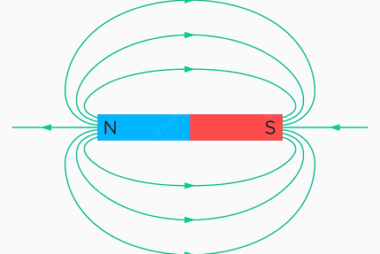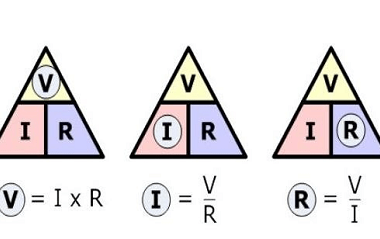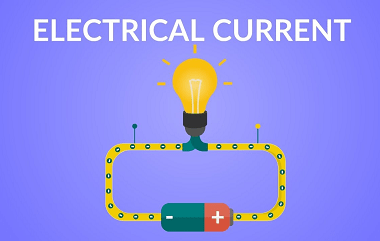Crash Course AIIMS-SYLLABUS Chemistry syllabus Metallic solids
Metallic solids The metallic solids topic in the chemistry syllabus of AIIMS (All India Institute of Medical Sciences) covers the study of metallic bonding, properties of metallic solids, and various aspects related to them. Here is a brief overview of the metallic solids topic: It is important to note that the above information provides a…









